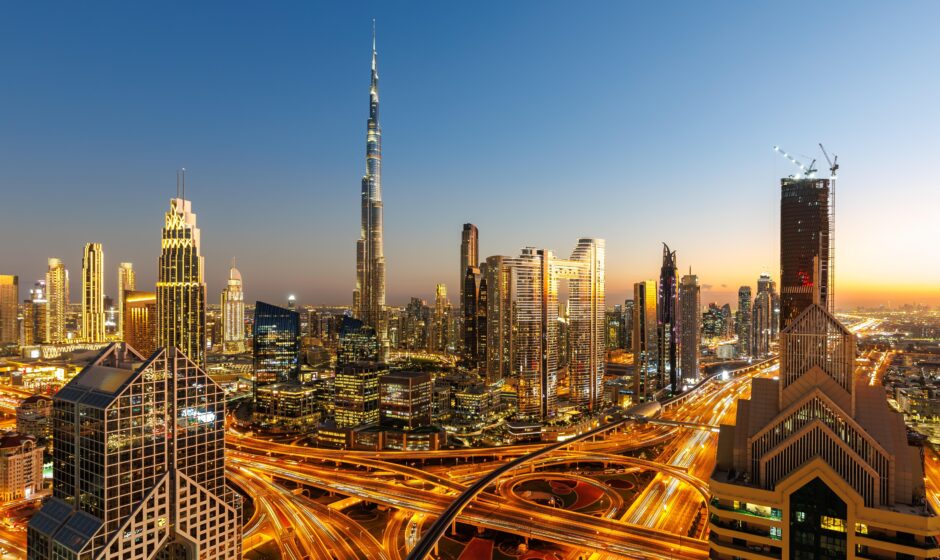Whether you’re planning a luxurious vacation, attending a business conference, or just transiting through the UAE, securing a Dubai Visa is usually the first step. While the process might seem straightforward, there are plenty of lesser-known facts that could make your experience smoother—or save you from common mistakes. Most travelers assume it’s a one-size-fits-all application, but Dubai’s visa system has a few surprising twists.
From the types of visas available to the processing tips that can save you time and stress, here are seven things you probably didn’t know about getting a Dubai visa.
1. There Are Multiple Types of Visas – Not Just Tourist
Most people only think about tourist visas when planning a trip to Dubai, but the UAE actually offers a variety of visa categories depending on the purpose and length of stay. These include:
-
Tourist Visa (14, 30, or 60 days)
-
Transit Visa (48 or 96 hours)
-
Business Visa
-
Freelancer or Remote Work Visa
-
Golden Visa (for investors, researchers, and professionals)
-
Multiple Entry Long-Term Visas
Understanding your purpose of visit can help you choose the right visa and avoid unnecessary delays or costs.
2. You Can Apply Without a Sponsor in Some Cases
Traditionally, visa applications for the UAE required a local sponsor—usually an airline, hotel, or tour operator. However, this has changed. Several visa types, especially tourist and e-visas, no longer require sponsorship if applied through approved travel agencies or the official immigration portal.
This makes it easier for solo travelers or people visiting friends and family to handle the process independently.
3. You Can Check Your Dubai Visa Status Online Easily
Once your application is submitted, tracking the progress of your visa has become incredibly simple. You don’t need to rely on agents or wait for email updates. The Dubai visa status can be checked online through the official GDRFA (General Directorate of Residency and Foreigners Affairs) portal or via your application number through the eChannels platform.
This transparency helps reduce anxiety during the waiting period and also ensures you stay updated on approvals, rejections, or requests for more information.
4. Overstaying Your Visa Can Lead to Serious Penalties
Many travelers assume that overstaying a visa leads to only a minor fine, but that’s not always the case. Depending on how long you stay past your visa expiry date, the consequences can include:
-
Daily fines starting from AED 50
-
Entry bans for a certain period
-
Legal issues or detention in serious cases
-
Travel restrictions to the UAE in the future
It’s crucial to keep track of your visa validity and exit the country or apply for an extension before it expires.
5. A Transit Visa Can Be a Great Option for Short Layovers
If you’re flying through Dubai and have a layover longer than 8 hours, you might be eligible for a 96-hour transit visa. This short-term visa allows you to leave the airport, explore the city, and get a taste of what Dubai has to offer without committing to a longer trip.
Many travelers miss this opportunity due to lack of awareness, even though it can be arranged easily through most airlines or the Dubai airport immigration desk.
6. UAE Offers a Long-Term Residency for Professionals
You may have heard about the UAE’s Golden Visa, but did you know it applies to more than just wealthy investors? The UAE government has expanded the program to include:
-
Doctors, engineers, and scientists
-
Exceptional students and graduates
-
Creative professionals and artists
-
Start-up founders and entrepreneurs
This visa allows qualified individuals to live and work in the UAE for up to 10 years without needing local sponsorship. It’s a strategic move to attract and retain global talent across sectors.
7. Application Processing Times Can Vary by Source
Depending on how and where you apply, the processing time for a Dubai visa can range from 24 hours to 7 working days. Here are a few tips to help speed up the process:
-
Apply through official or authorized portals only
-
Make sure all documents are clear and properly scanned
-
Double-check for errors in your application (especially passport numbers and dates)
-
Consider using express services if you’re in a hurry
It’s also worth noting that visa processing can take longer during UAE public holidays, so always factor in a buffer period before booking your flight.
Quick Recap: 7 Key Things to Remember
Here’s a summary of what you now know:
-
Not all Dubai visas are tourist visas – know which type suits your trip.
-
Sponsors aren’t always required – e-visas and tourist visas are easier than ever.
-
Track your Dubai visa status online – don’t stay in the dark after applying.
-
Avoid overstays – penalties are steep and could harm future travel.
-
Transit visas let you explore the city – even on a long layover.
-
Golden Visas apply to professionals too – it’s not just for millionaires.
-
Processing time depends on where and how you apply – plan ahead.
Final Thoughts
Getting a Dubai visa may seem like a standard travel requirement, but as you’ve seen, there’s a lot more to it than most people realize. From flexible categories to long-term residency options and real-time tracking, the process has evolved to accommodate a wider range of travelers and professionals.
If you’re planning a trip to the UAE, understanding these hidden aspects can save you time, money, and stress—and may even open up new opportunities for work or relocation in the future.
Be sure to stay updated with official sources, follow guidelines, and always double-check your documents before submitting your application. With the right approach, securing your visa is just the beginning of an incredible journey to one of the world’s most dynamic cities.


